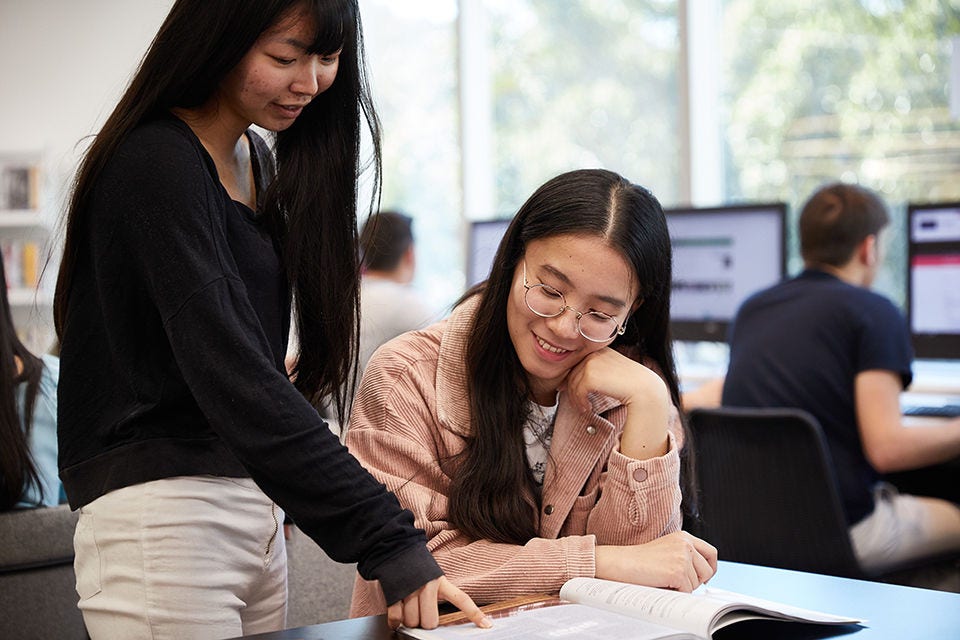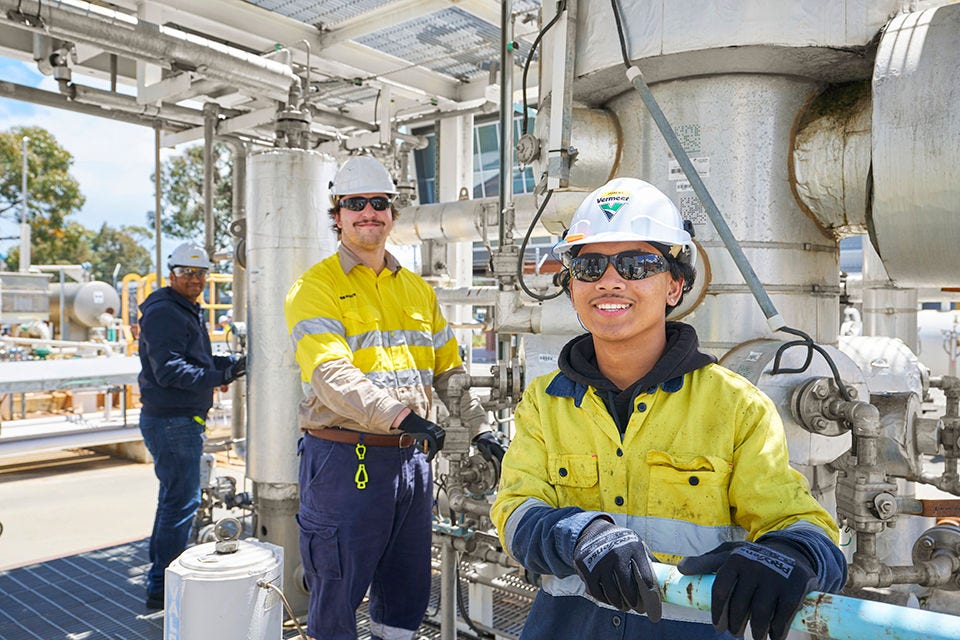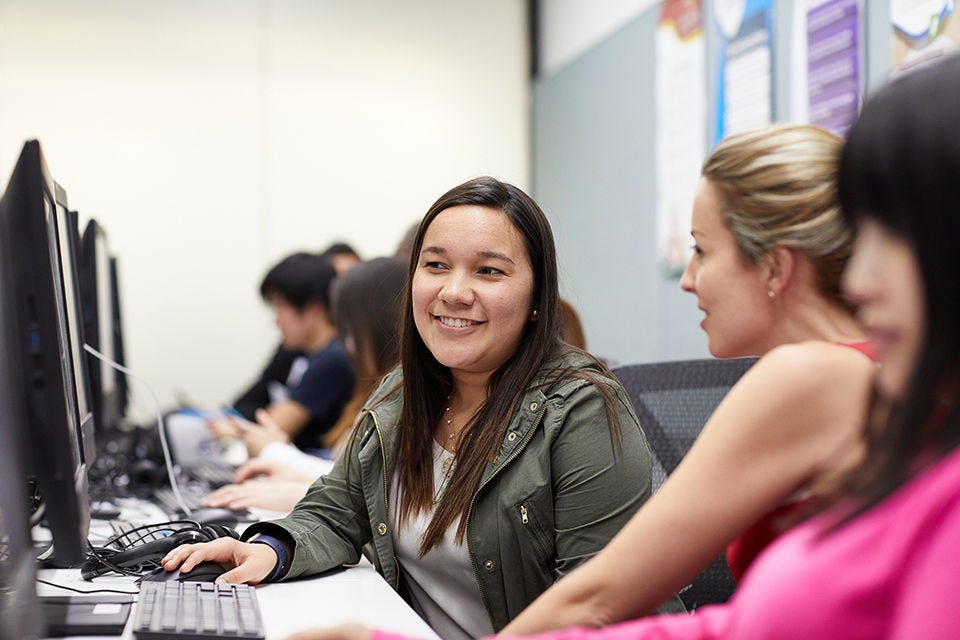A well-rounded education
From Kindergarten to Year 12, Australian schools focus on excellence across key learning areas, including English, mathematics, science, humanities and social sciences, the arts, languages other than English, technologies, and health and physical education.
Skills taught include communication, teamwork, and personal development. The school curriculum aims to develop students into independent and successful learners with respect for themselves, their peers and global society.
The school system
A complete Australian school education spans 13 years and includes:
- Foundation: also called preschool, preparatory school, or kindergarten is for children aged 3-5 years of age
- Primary school: is from grades 1-6 and is compulsory
- Secondary school: or high school is from grades 7-10 and is compulsory
- Senior secondary school: or senior secondary college is from grades 11-12
There are different types of schools in Australia, including:
- government (public) and non-government (private or independent) schools
- faith-based schools (e.g. Catholic or Islamic schools)
- schools that cater for students with special needs
- schools that cater for different age groups and study levels (e.g. primary schools and high schools)
- schools that are based on educational philosophies (e.g., Montessori and Steiner schools).
Students can also study the Australian curriculum in other countries at Australian international schools. These schools have teachers who are trained and qualified in the Australian curriculum and follow the same academic standards as those in Australia.
School qualifications
Australian Tertiary Admission Rank (ATAR)
When completing senior secondary school (Years 11 and 12), students sit for exams, receive an official certificate of senior secondary qualification and receive an ATAR score. The score indicates the ranking of a student's academic results in relation to others in their year group. The ATAR score is used by universities for entry into higher education courses. Find out more about the ATAR
Senior Secondary Certificate of Education (SSCE)
The name of the SSCE varies across Australia’s state-based education systems, but all state certificates are recognised by Australian universities, higher education providers, and vocational education and training (VET) providers. They are also recognised by many education providers internationally.
International Baccalaureate (IB)
Some Australian schools offer the IB, an internationally recognised school curriculum taught in 140 countries.The IB program is designed to help students become independent and critical thinkers, effective communicators and active global citizens. For university admission in Australia, IB scores are converted into ATARs. Find out more about the International Baccalaureate
A higher standard of learning
Australian schools are among the finest in the world, and feature:
- university-qualified teachers and subject specialisations
- excellent facilities and technologies
- ‘gifted and talented’ academic extension programs for high achievers
- ‘early start’ programs, which allow top school students to study at a higher year level, including some university-level subjects for acadmic credit
- individual learning programs for students who require additional learning support or academic extension
- teaching and quality assurance standards, and
- delivery of the high-quality Australian national curriculum.
Support for school students
Australian schools have strong support systems in place, including:
- international student coordinators
- student welfare teams
- year level advisers
- school counsellors
- Careers and tertiary studies advisers
- English as an additional language (EAL) support staff and programs, and
- accommodation support including homestay requirements.



